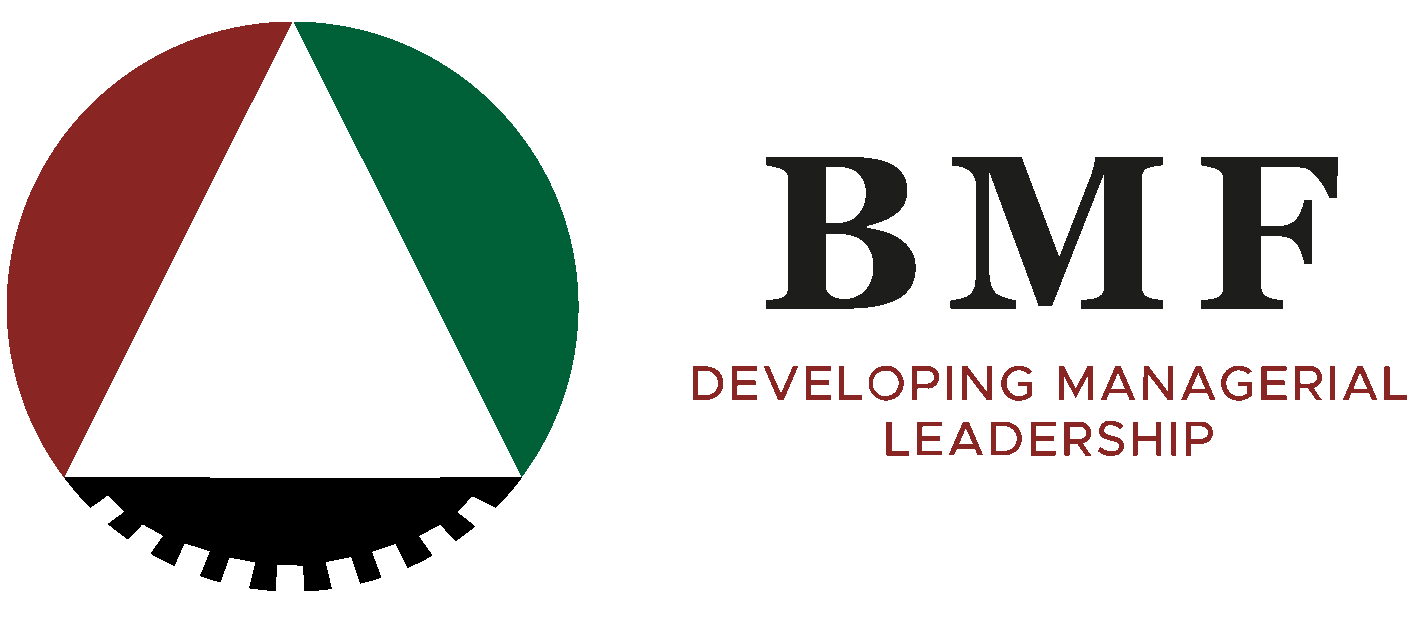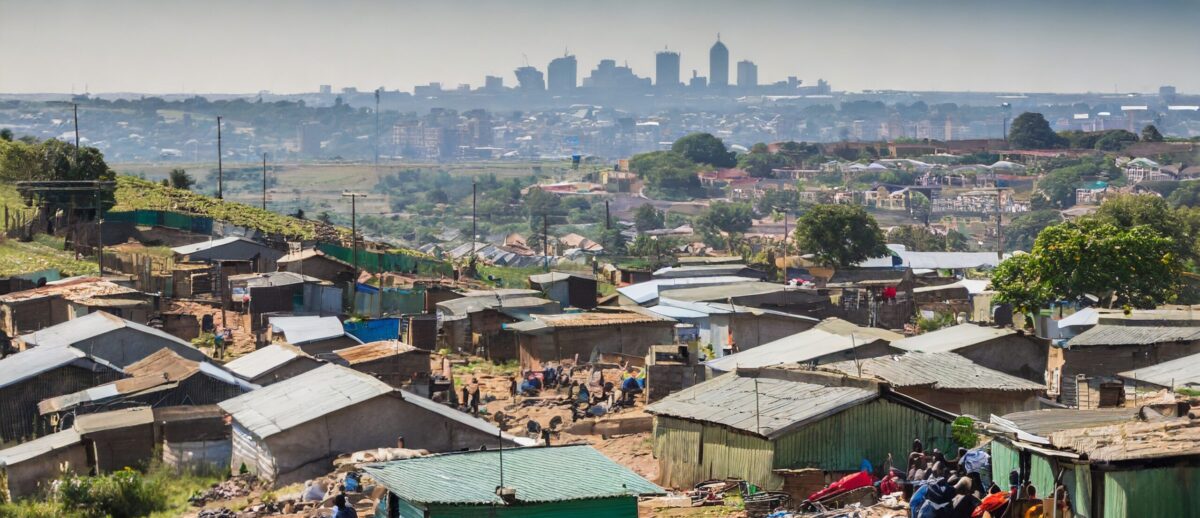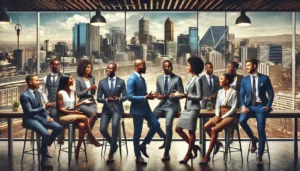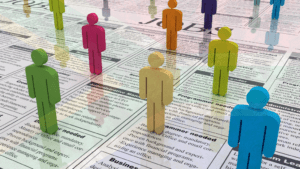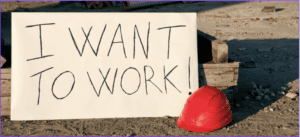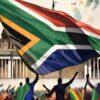Freedom Day celebrations in post-apartheid South Africa are a bittersweet occasion filled with moments of hope and despair. The promise of freedom, meant to liberate us, free us, and return our resources and land to us, has kept us in an endless cycle of poverty. We are witnessing the gap between the haves and the have-nots widen even further than before for several reasons ranging from corruption and unemployment to unresolved generational traumas relating to the mistreatment of our people. Thirty years into our democracy, the most marginalized communities are still on the outskirts of major cities, and we are still fighting the same land dispossession and inequality that traces back to slavery. Celebrating freedom has become an impossible task for so many who are still fighting for basic human rights. One then needs to ask themselves, have these communities that were segregated been empowered in the three decades since liberation or are we still hoping for a more just and equal society?
The 27th of April 2024 will mark 30 years since the dawn of a new era in South Africa, and the nation stands at a pivotal juncture, reflecting on the progress made and the challenges that persist. Freedom Day symbolizes a significant turning point in South African history where the country transitioned from apartheid to democracy. A time when all people hoped for a better tomorrow filled with equal rights and opportunities for all. It marked the end of institutionalised racism and segregation, and a new meaning to life for the marginalised.
While the country has made significant progress towards building a more just and equal society, we cannot shy away from the persistent challenges that many South Africans continue to face. Even with notable advancements in areas like political participation and accessing social services such as housing, education, and health care, the legacy of apartheid’s unequal and segregated society continues to haunt South Africa. Unequal socio-economic development still exists, with opportunities and empowerment initiatives concentrated in the hands of a few privileged, and the official unemployment rate still high at 32.1%.
In 2022 the World Bank stated that South Africa is the most unequal society in the world, with nearly 80% of the country’s wealth held by 10% of the population. According to the World Bank, race remains a key driver of high inequality in South Africa. Race being the driver for an initiative called iCrush ne Lova Jobs and Skills Programme that was launched on the 6th of April 2024 as an expansion of the Nasi Ispani program which was to employ over 6000 young people.
The iCrush ne Lova Jobs and Skills Programme seeks to bridge the gap between the skills supply and the demands of an evolving South African job market and the provincial government’s efforts to combat unemployment and ignite Gauteng’s economy. The program will offer skills training opportunities for all ages in various industries and will take almost five hundred thousand unemployed people out of poverty and place them on the path of human development. It is initiatives such as these that bring a sense of hope back in these communities as the programs have the potential to empower the communities to build better futures for themselves and their families. Therefore, empowerment initiatives such as these must go beyond token gestures focusing on creating sustainable livelihoods, fostering entrepreneurship, and providing access to education, skills training, and financial resources
With graduation season upon us, we have witnessed a flock of previously disadvantaged students graduating at what was known as white institutions. It is with democracy that this opportunity was afforded to us to study where one wishes and study beyond what was classed as black courses. We are equally aware of the many graduates who are sitting at home without employment because the market is oversaturated with graduates and the government failing to plan. We see this failure to plan with interrupted energy supply which has resulted in many companies laying off workers and some SMME’s having to shut down. This reverses the economic transformation we strive for and discourages economic participation from black people.
The path to empowerment is far from finished as South Africa reflects on 30 years of democracy. Though significant strides have been made, much more needs to be done to support marginalized communities and guarantee that everyone may live up to the promise of freedom and equality. We can honor the spirit of Freedom Day and create a better future for future generations by recognizing the difficulties and making a commitment to significant change.
As the 29th of May draws nearer, we need to reflect on the progress that has been made since the 1994 democratic elections. We also need to be cognizant that much work still needs to be done to ensure that the human rights of all South Africans are protected and upheld. We must be critical of the challenges that we face and work together to find solutions that are grounded in the values of freedom, dignity, and equality. Let us recommit ourselves to the vital work of building a more just and equitable society.
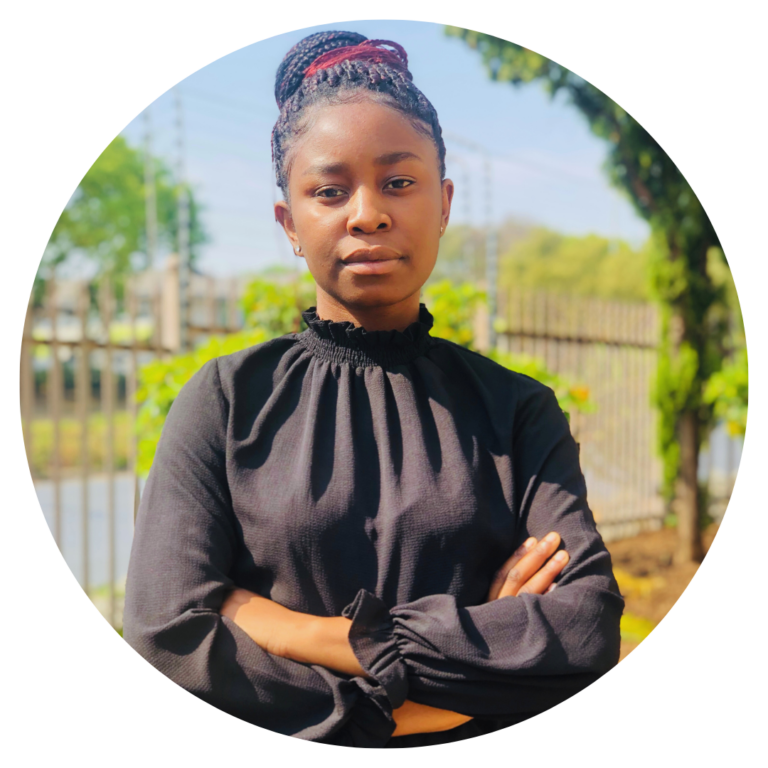
About the Author
Rikhode serves as both a researcher and programmes coordinator at the Black Management Forum, where she plays a pivotal role in driving forward initiatives that cater to the needs and interests of its members and stakeholders.
With a Bachelor of Public Administration honours degree from MANCOSA and a TEFL (Teaching English as a Foreign Language) certificate from Teacher Record, Rikhode’s academic background reflects her dedication to learning and her commitment to making a positive impact. Her passion for public service, social justice, and education drives her to actively contribute to the enhancement of the lives and well-being of the communities she engages with.
